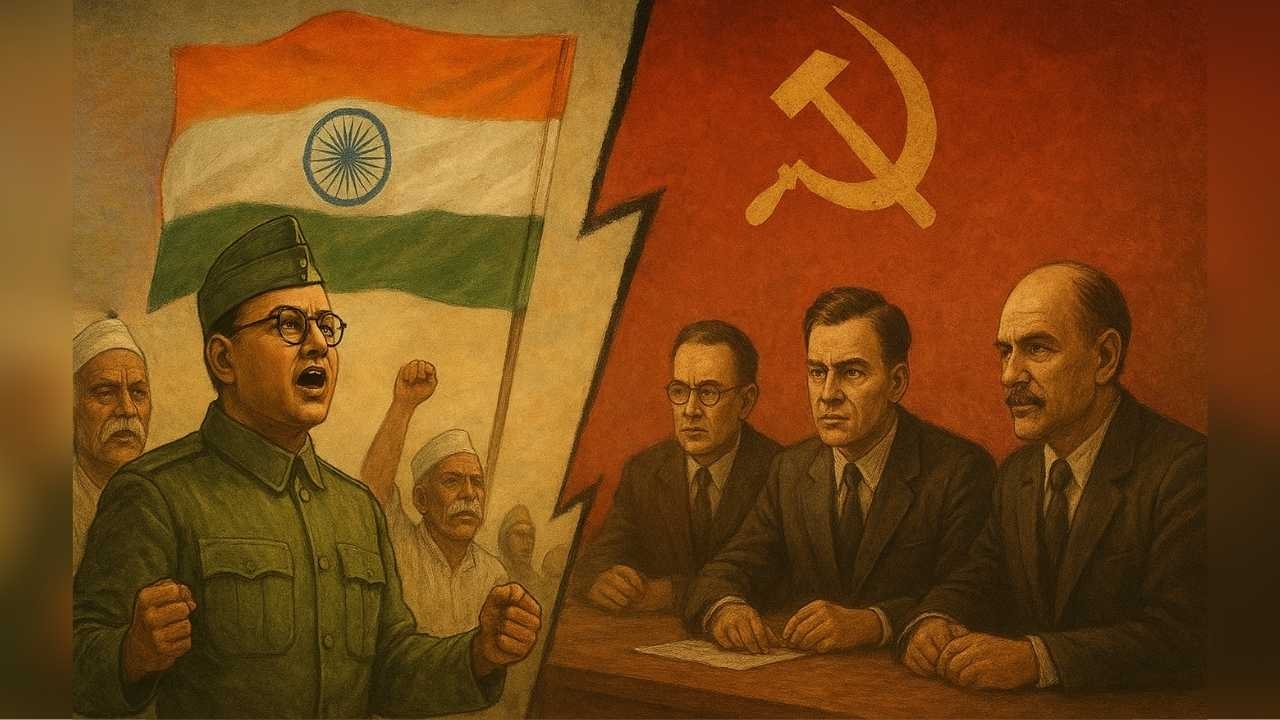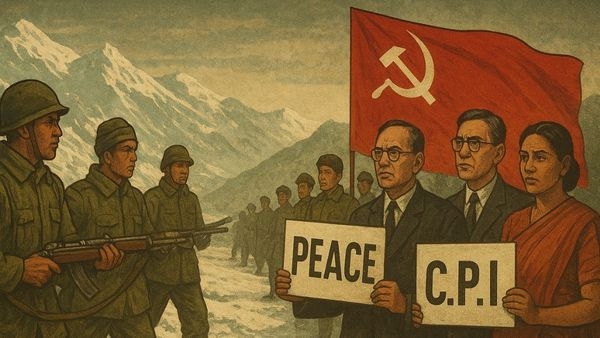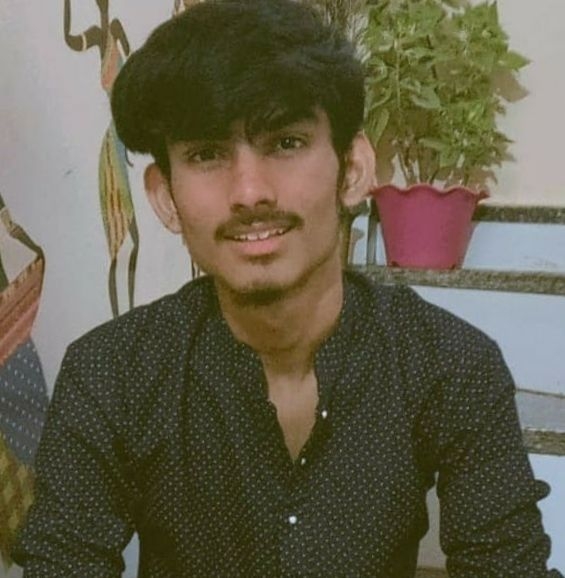The Indian Communists And Their Betrayal During Bharat’s Independence
Examining the choices of Indian Communists that prioritised Soviet directions over Bharat’s national struggle for freedom and security.
Total Views |

As the nation stands strong under the firm and visionary leadership of PM Narendra Modi, India is all set to celebrate its 79th year of Independence. Independence was marked by the sacrifices of countless nationalists who risked everything to end colonial rule. But amidst the most controversial chapters of the Independence struggle lies the dual loyalty of Indian Communists lacking Indianness in being Indian.
Formation Of CPI
Founded in 1925, the Communist Party of India claimed to represent the working class and drew inspiration from Marxist-Leninist ideology. However, its political direction was heavily influenced — if not dictated — by the Communist International (Comintern), headquartered in Moscow. This made the CPI’s policies less a product of Bharat’s nationalist priorities and more a reflection of Soviet geopolitical strategies.
Alignment With British Sentiments
When the whole nation was united against the British in the “Quit India Movement” in August 1942, the CPI, under Comintern’s direction, labelled the movement as “anti-war” and “harmful to the anti-fascist struggle.” They actively advised workers not to strike against British rule and even supported the war effort—on the grounds that the Soviet Union had allied with Britain after Hitler’s invasion of the USSR in 1941.
Following the Soviet Union’s entry into World War II on the Allied side, the CPI made a dramatic shift—from calling the war “imperialist” to labelling it a “People’s War”. This ideological U-turn saw Indian Communists cooperating with the British colonial administration, discouraging nationalist uprisings, and even helping in intelligence gathering against revolutionary elements.
Communists on Subhash Chandra Bose
During the Second World War, when freedom fighter Subash Chandra Bose was attempting to build an international alliance to counter the British empire with a pursuit to free Bharat of British rule, the mouthpiece of the undivided CPI, ‘People’s War’, published sketches of Subash Chandra Bose being led by General Tojo by holding his hand. Another illustration from the same magazine showed Bose being thrown in a circus by a man donning the Nazi Hakenkreuz.
This was because the USSR was fighting against Germany and Japan on two fronts while Bose lobbied with the two countries to overthrow the British from Bharat. CPI had compromised its integrity for the dual or maybe the always inclined loyalty towards Soviets, from whom they allegedly received funds even after Bharat’s independence, according to former KGB agent Mitrokhin’s Archives.
CPI stood for China in the 1962 War

Not just during the War of Independence; the time the communists betrayed Bharat was when China invaded our territory in 1962. 15 years later we had the 1962 war with China, a war which has left a deep impact on the people of Bharat. Even today we remember the war as a black chapter in Indian history. What was the CPI doing there? Was it mobilising resources for the Indian soldiers or helping generate awareness against the ideology that was waging war against Bharat? No, in fact, it was busy firing members who were calling for a blood donation camp to support the Indian Army. Some members of the CPI went ahead and actually blamed the Indian government for being alienated from the struggles of the peasants in China. They said that the Indian ruling classes were not understanding the struggles of the Chinese people, and thus probably they brought the war upon themselves.
Continually when the nation was in a fight against the wicked designs of the Chinese, communist leader and Kerala chief minister E.M.S. Namboodripad, supported by leaders such as EV Ramasamy Periyar, acknowledged full support to the Chinese. He did not call the Chinese infiltration an act of aggression and requested Bharat to calm down and call for peace and talks.
Mr Namboodripad was never prosecuted for this vicious stance, even though disillusioned leaders like Ajoy Kumar Ghosh (ex-member of the Hindustan Socialist Republican Association) moved away from the party to create their own factions.
Article by

Kewali Kabir Jain
Journalism Student at Makhanlal Chaturvedi National University of Journalism and Communication

